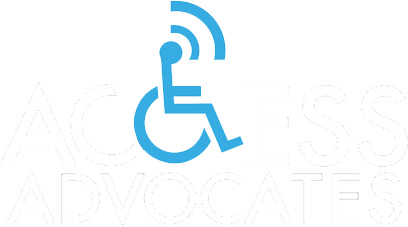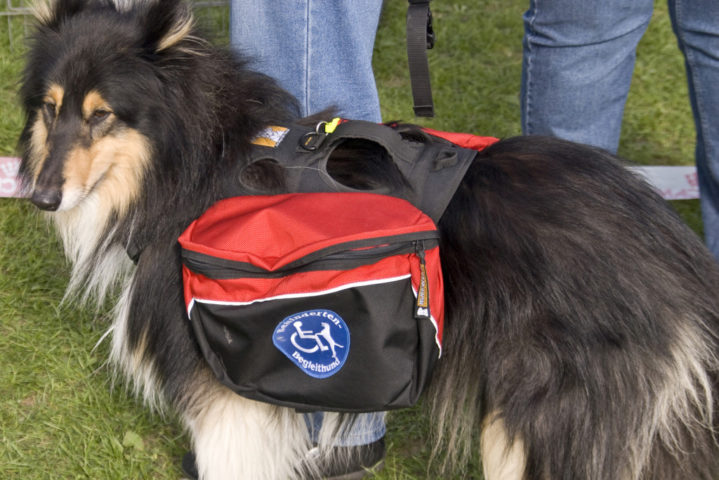Are service animals protected under the ADA? The short answer is yes.
Service animals are invaluable assets for individuals with an array of disabilities, including blindness, autism, hearing impairments, diabetes, immobility, severe allergies and mental illness. However, vague language in the Americans with Disabilities Act (ADA) has caused confusion regarding just what qualifies an animal as a “service animal.”
What animals are protected under the ADA and are business owners within their rights to ask for verification?
Types of Service Animals
Service dogs have received specific training in cleanliness and politeness. They are quiet, focused and cause virtually no disruption in public. The ADA and state laws allow these dogs to go virtually anywhere.
The ADA does not recognize emotional support animals, therapy dogs or companion animals. These animals simply need a letter from a mental health professional explaining their benefit to the person. They do not go through the specialized training that service dogs receive.
Although there is much debate over what types of animals are best for disabilities, currently the ADA only considers dogs to be “service animals.” Dogs fall into one of these five categories:
- Service dogs help people with mobility issues, including retrieving items, pulling a wheelchair or providing balance and stability.
- Guide dogs are generally for the visually impaired. They provide navigation and alert the individual to potential dangers.
- Hearing dogs provide help to the deaf, alerting them to important sounds.
- Alert dogs provide help for a variety of medical conditions. They may alert an individual to the presence of certain allergens or they can assist an individual having a seizure by alerting those nearby and fetching medication.
- Psychiatric service dogs help those suffering from cognitive or neurological disabilities.
Can a Business Owner Require Verification?
This is where the ADA is a little too vague. The law does not require service dogs to wear anything that identifies them as such, even though most wear a vest or harness. However, it has been noted that individuals with emotional support or therapy dogs will put a vest on their animal to pass them off as a service dog. So, what can a business owner do to verify the animal is a service dog?
The ADA allows the owner to ask what tasks the dog performs for the handler. He or she can ask if the handler is disabled, but can not ask what the specific disability is. The law does allow the business owner to ask the dog and handler to leave if the dog’s behavior is disruptive.
Many business owners aren’t sure about the rights of individuals with service dogs, partly because of the verbiage in the ADA and confusion between service dogs and other companion animals. If you use a service dog and are experiencing access challenges, contact us. We will be happy to explain your rights and address any infringement on those rights.
Click here to see more ADA facts.

